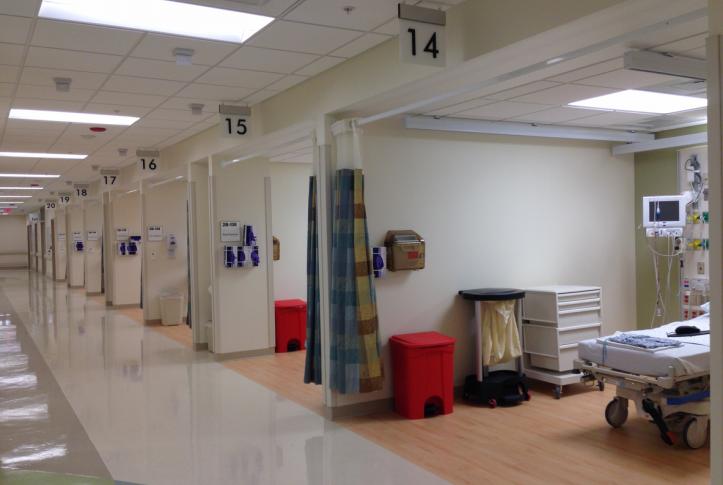Synopsis
In a survey of health care experiences in 11 high-income countries, the rate of poor primary care coordination was 5.2 percent overall and 9.8 percent in the United States, the highest rate. Patients who have a positive, established relationship with their provider were less likely to report poor primary care coordination. Being young or having a chronic illness was associated with poor care coordination.
The Issue
Care coordination is a critical element in an effective, safe, and efficient health care system. Gaps in coordination can occur when a patient’s various health care providers fail to share information or organize care appropriately, which can lead to such problems as lab results being unavailable when needed or the administering of unnecessary tests. Among the challenges many countries face are a shortage of primary care doctors, heavy clinician workloads, and fragmentation of care among multiple providers. This study used data from the 2013 Commonwealth Fund International Health Policy Survey to determine the prevalence of gaps in primary care coordination and identify specific risk factors.
Key Findings
- Across the 11 countries, one-third (33%) of adults experienced at least one gap in primary care coordination, while 5 percent experienced poor care coordination. (See “About the Study” for how the researchers defined these terms.) The U.S. had the largest percentage of respondents with poor primary care coordination (9.8%).
- People with poor care coordination were more likely to be hospitalized and more likely to visit the emergency department for both nonurgent and urgent care than people who did not report poor coordination.
- Respondents who reported having positive interactions with their primary care physician were less likely to report poor care coordination.
- Poor primary care coordination was more likely to occur among patients with chronic conditions and those younger than 65.
- In the U.S., poor care coordination appeared to be independent of characteristics like insurance status, health, household income, and gender, suggesting that care coordination is a systemic issue.
The Big Picture
This study further highlights the importance of strengthening primary care, particularly in the United States where rates of poor primary care coordination were highest. The study also shows that older patients typically experience better care coordination than younger ones, regardless of insurance status. According to the authors, the U.S. health care system may not be accommodating the needs of young adults, particularly those with chronic conditions.
About the Study
The researchers analyzed responses to five questions from the 2013 Commonwealth Fund International Health Policy Survey to assess primary care coordination. Those surveyed were asked if there was ever a time in the past two years when:
- their test results or medical records were not available;
- they received conflicting information;
- their doctors ordered a medical test they felt was unnecessary;
- their specialist did not have basic medical information or test results from their regular doctor; and
- after they saw their specialist, their regular doctor did not seem informed about the care they received.
Respondents answering “yes” to any question were considered to have a gap in their care; if they answered “yes” to at least three of five, they were considered to have poor primary care coordination. Survey countries included Australia, Canada, France, Germany, the Netherlands, New Zealand, Norway, Sweden, Switzerland, the United Kingdom, and the United States.
The Bottom Line
Adults with poor primary care coordination were more likely to be hospitalized and more likely to visit the emergency room for nonurgent and urgent care than people who did not report poor coordination. An established relationship with a regular physician was associated with better care coordination, indicating the ongoing benefits of strengthening primary care.



